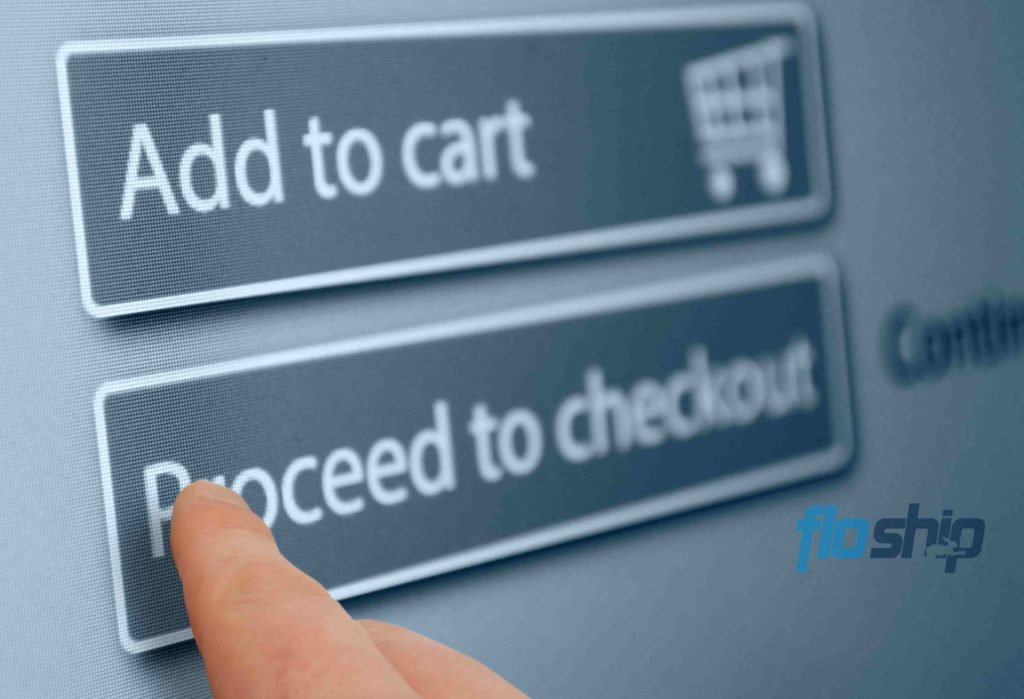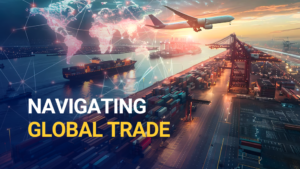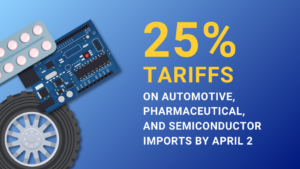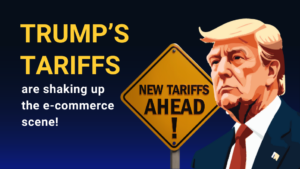Entering the e-commerce industry is a great way to make extra income in 2016 and can quickly be turned into a full-time business. But one complaint that many new entrants have is the sheer amount of information that must be understood, for them to succeed.
Let’s say one course teaches you the basics of using platforms like Shopify, Magneto, Woocommerce. Let’s say you actually start to understand things like the difference between ‘compare at price’ and ‘the selling price’. You may even start calling up suppliers to find a reasonable price point for your products.
So far. So good.
That’s till you realize you have to find a way to deliver these products to buyers, located all around the world. You know you can’t store them in your home, but Googling “ecommerce shipping options” returns 2.18 million results! There is no way you are going through all that!
The Shipping Conundrum
If you ask around, you’ll be directed to try a fulfillment company, a wholesaler or a distributor. Your mind continues to race as you wonder, ‘Why are there three ‘different’ solutions for one problem? Is one more reliable and cost effective than another’?

Understanding shipping options, among other things, are only a few of the potentially confusing parts of making money in eCommerce. At Floship, we like to help our clients understand elements of eCommerce and how they can make better business decisions.
The big picture of eCommerce involves sourcing products, managing inventory, picking, packing, shipping, processing any returns. However, at the moment, all you really know is the sourcing part. How the heck will you store those 1700 boxes of round glass vases that you just ordered?
Well, you don’t have to. While the three options recommended are the most popular, they have individual pros and cons, which we’ll examine below.
Distributors
These companies purchase and hold inventory directly from manufacturers.

As demand arises, they send out large quantities, or batches, to retailers. Occasionally, they are specialized facilities that only carry goods for certain markets or manufacturers. They may act as sales representatives for the manufacturer.
They are generally classified as either retail distributors or wholesale distributors.
Wait, what?
Yes, wholesalers are a type of distributor. This shows the extent of overlap in terminology that exists in eCommerce logistics. A wholesaler is a type of distributor, the same way a fulfillment center is another type of distributor.
Their business model means they deal directly, i.e. handle warehousing and shipping, for manufacturers, rather than small and mid-sized retailers. This means, a small retailer rarely has any direct business interaction with a distributor.
Moving on to options you can actually use–there’s the wholesaler.
Wholesalers
These companies are also known as merchant distributors or drop shippers. They receive stock from the manufacturer or wholesaler and can fill orders, package and dispatch them on to your customers.

They essentially make the entire process as hands-off and much easier for you to manage. Drop shipping or wholesaling is often considered the best option for eCommerce shipping.
Pros:
-
By allowing businesses carry no inventory, they lower overall risk.
-
Allow business test the viability of new product lines.
-
Improve profits by allowing you buy in bulk (reduced storage fees, remember?), while selling at any price point you want.
Cons:
-
Some customers don’t like the idea of not managing their inventory, they see it as having less control of inventory.
-
Some wholesalers occasionally run out of stock and if they have a slow reporting process, you can find your store selling a product that is actually out of stock.
Fulfillment Companies
Order fulfillment can be done in-house or outsourced to third-party logistics companies (3PL).

3PL companies will handle the receipt of goods, shipping & fulfillment to customers. They also provide detailed inventory management solutions, as well as integrating shopping cart software. This means they can help make your business as hands-off as possible; all you have to so is set-up the store and drive traffic to it.
Pros:
-
Their wealth of experience with shipping partners and investment in systems for accurate shipment.
-
As your business grows, you won’t have to worry about added cost of purchasing technology to meet up with demand.
-
Outsourcing frees up time allowing you focus on grow the business.
Cons:
-
Depending on the size of your operation, messages can become misinterpreted. A long supply chain with too many moving parts, can lead to miscommunication.
TIP: Communicate EVERY concern you have with your account manager to ensure no errors are committed.
These are the basic characteristics of common shipping options for your eCommerce business.
- Would you prefer to carry stock and do in-house fulfillment or use a 3PL?
- Regardless of what you choose, remember to do proper research on the companies you choose to work with.
If outsourcing your fulfillment sounds like something that can help you, contact Floship today. We’ll be glad to help you take your business to the next level.
Related eCommerce and Fulfillment Posts
- Cross-Docking Forget Warehousing and Ship Efficiently
- What Is Fueling The eCommerce Boom In China?
- Scaling Shopify – 3 Winning Tools to Skyrocket Your Store
- Can an Order Fulfillment Warehouse Reduce Your Overhead?
- 6 Steps to Find an Exceptional Fulfillment Center
The 5 Minute Guide to Scaling Your Shopify Shipping Strategy
Automate Your Fulfillment & Shipping

Ready To Upgrade Your Logistic Solution?
Speak to Floship ecommerce logistic consultant about improving your global support chain today





